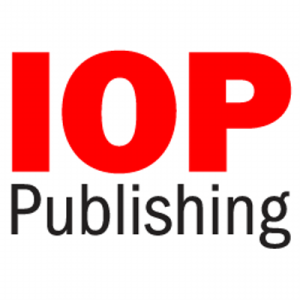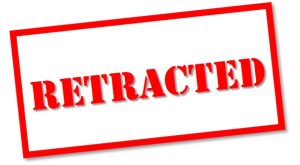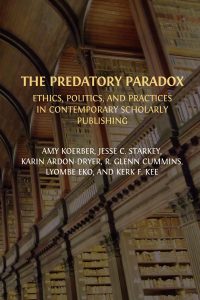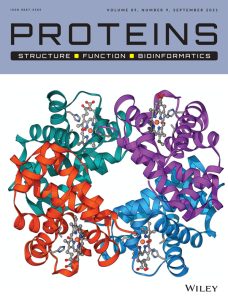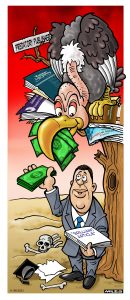
Would you consider a donation to support Weekend Reads, and our daily work?
The week at Retraction Watch featured:
- Publisher error claims joke paper, April Fools’ tradition – three years later
- A closer look at the ‘chocolate with high cocoa content’ hoax
- The top ten stories at Retraction Watch in 2023
- Elsevier’s Scopus deletes journal links following revelations of hijacked indexed journals
- The year at Retraction Watch, 2023: Whew!
- Publisher donating author fees from retracted articles to charity
Our list of retracted or withdrawn COVID-19 papers is up to over 375. There are more than 45,000 retractions in The Retraction Watch Database — which is now part of Crossref. The Retraction Watch Hijacked Journal Checker now contains well over 200 titles. And have you seen our leaderboard of authors with the most retractions lately — or our list of top 10 most highly cited retracted papers? Or The Retraction Watch Mass Resignations List?
Here’s what was happening elsewhere (some of these items may be paywalled, metered access, or require free registration to read):
Continue reading Weekend reads: Misconduct by national institute director in Japan; ‘a safe space for paper mills’; authors remove COVID-19 vaccine manuscript